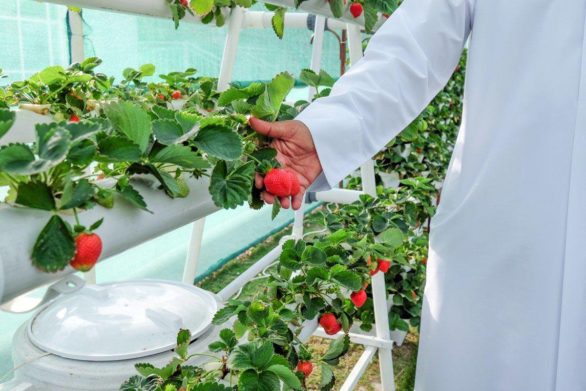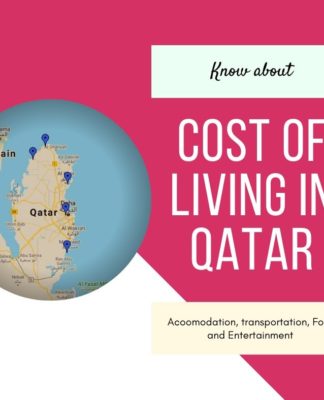Qatar’s popular farmers’ markets will reopen for business this Thursday, Oct. 20, marking their earliest-ever start.
The three existing markets at Al Wakrah, Al Mazrouah Yard near Umm Salal stadium and in Al Khor at the Al Dhakira yard, will sell fresh fruit, vegetables, fish and meat from 80 farms across the country.
Local honey, poultry, livestock, flowers and plants will also be sold.
In a change from last year, the sites have been upgraded to include air conditioning in the areas where fruit and vegetables are sold.
The fish section at Al Khor-Dhakira market will also be air-conditioned, the Ministry of Municipality and Environment (MME) said in a statementtoday.
New markets
Additionally, two new markets will also be opening soon in Al Ruwais in northern Qatar and in Muaither near Villaggio mall.
However, work on these two sites is ongoing and their launch date has yet to be confirmed, the ministry added.
When construction is finished, they will feature produce from 40 more farms in Qatar.
In total, 120 farms are expected to sell their goods across the five markets during this fifth season – up significantly from the 77 represented last year.
The markets are open three days a week – Thursdays, Fridays and Saturdays from 7am until 5pm, with a break for prayers on Fridays.
Expansion
Authorities have gradually been expanding the scale of the markets and their length of season since the program started with Al Mazrouah in2012.
Last year’s markets opened in early November and sold a total of 4,785 tons of vegetables – more than five times the volume of produce sold in the inaugural year.
The ministry said it hopes this year to support farmers to enable them to have a longer growing season.
The markets have proved popular with residents, thanks to the lower prices (which are up to 50 percent lower than the supermarkets) and the chance to buy fresh, locally-grown produce with few food miles.
As the weather cools, many families spend hours there trying the new offerings and often splitting large bulk buys with friends and neighbors.
And the range of produce on offer at the markets has expanded as farmers are encouraged to grow new types of fruit and vegetables.
Promoting local produce
Figures previously issued by the then-Ministry of Environment showed significant increases in sales since the markets started in 2012/13.
For the 2014/15 season, agriculture sales more than doubled to QR39 million. That’s up from QR14 million the previous year and QR6 million in 2012-13.

Al Mazrouah Yard/Facebook
Locally grown strawberries
The expansion comes as authorities continue to push for better food security and greater self-sufficiency.
This year, the ministry said it plans to continue to host themed events to promote particular foods, such as a strawberry “festival” and promotion of local honey.





























